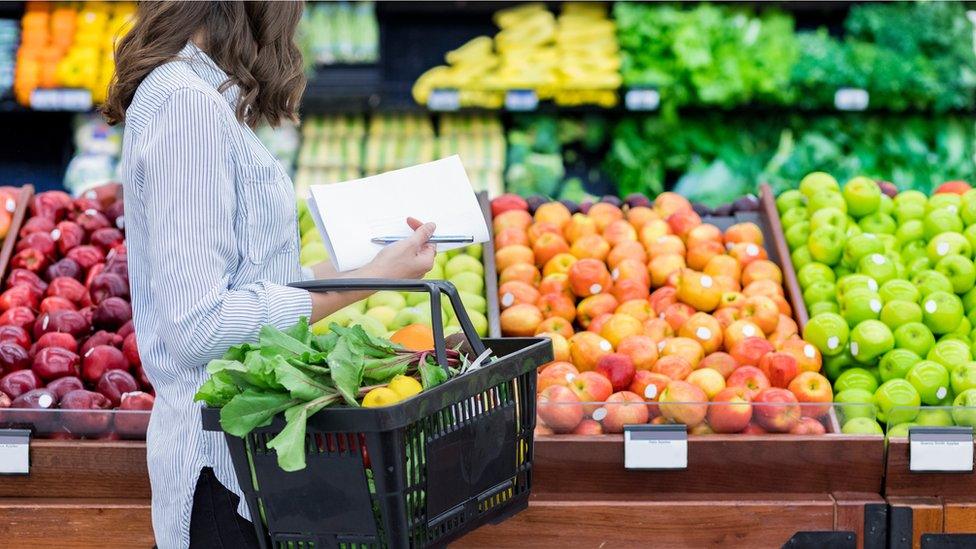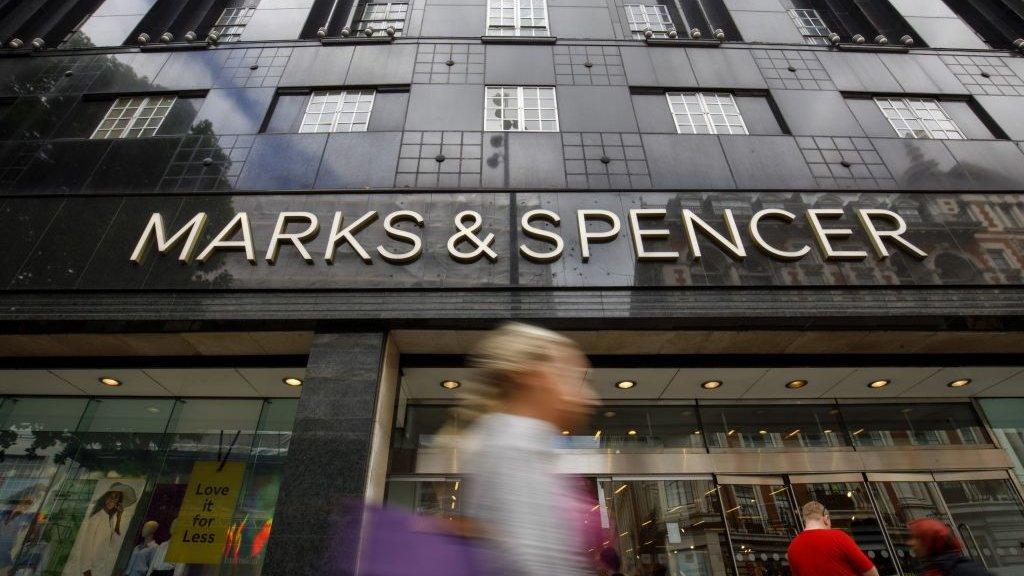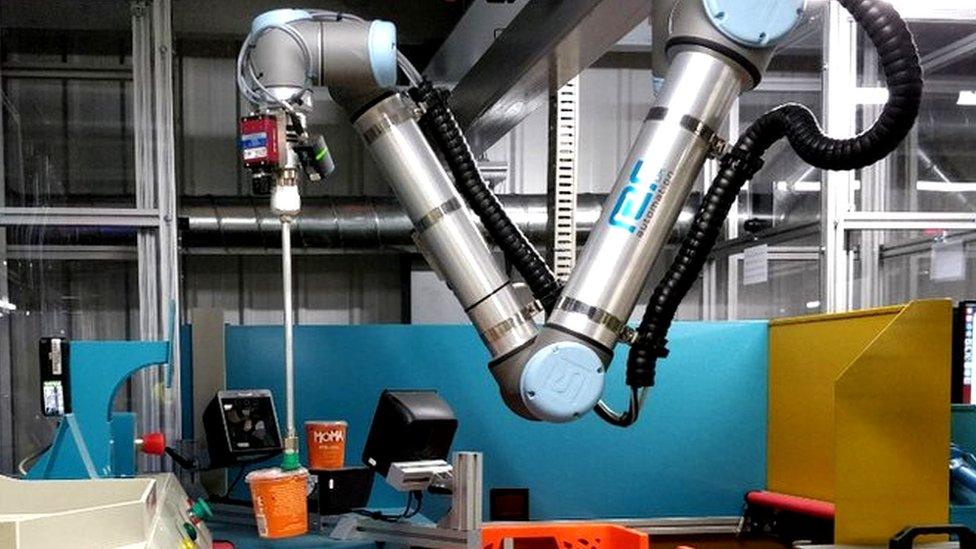Ocado losses widen but sales grow
- Published
- comments

Ocado has reported widening losses in the year ending 2 December 2018.
The online food retailer recorded a pre-tax loss of £44.4m, compared with £9.8m in the previous 12 months.
However, its sales rose by 12.3% to £1.59bn and chief executive Tim Steiner said: "We now have in place a platform for significant and sustainable long-term value creation."
Last week, Ocado's shares rose by as much as 6.7% after a suggestion it may do a deal with Marks and Spencer.
Mr Steiner refused to confirm or deny the story, saying the company never commented on speculation linking it with rumoured deals.
However, he did say: "We are constantly talking to different retailers around the world."
Ocado currently has a deal with southern England-focused Waitrose, which is due to come to an end in September 2020.
And Mr Steiner added: "Under the current arrangement we have with Waitrose, we wouldn't be able to add the own labels of another substantial UK grocery retailer into the current Ocado offering."
The company's losses grew as a result of investment costs, including development of its new warehouses and IT systems, and an accounting charge, while its earnings fell by 20.7% to £59.5m.
It attracted 11.8% more active customers, taking its total to 721,000, with total order volumes increasing by 12.1% to an average of 296,000 per week.
The value of each basket shrunk slightly, however, to £106.85 from £107.28.
Mr Steiner said that Ocado was "the leading pure-play digital grocer in the UK, a world-leading provider of end-to-end e-commerce grocery solutions" and added, "our transformation journey is well under way".
He added: "Creating future value now will involve us continuing to scale the business, enhancing our platform, enabling our UK retail business to take advantage of all its opportunities for growth and innovating for the future."
Brexit plans
In a statement, the company said it was confident of achieving retail revenue growth of between 10% and 15% this year, despite another expected drop in earnings.
Mr Steiner said that Ocado was as prepared as it could be for the impact of Brexit.
He explained that none of the food retailers could stockpile food because of lack of space and the fact that fresh stock would not last long.
But he said they had started to get in extra supplies of "mechanical spare parts that we need to keep our facilities running. We don't want to be in a situation where we can buy the food, but can't buy a component".
He added: "This is an example of one of the mitigating things that we have done."
Analyst Neil Wilson, of markets.com, said the firm's share price could come under pressure, adding "having firmed up since December the stock could be ripe for some profit taking again".
- Published28 January 2019

- Published9 May 2018

- Published29 June 2017
